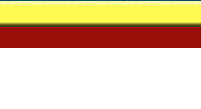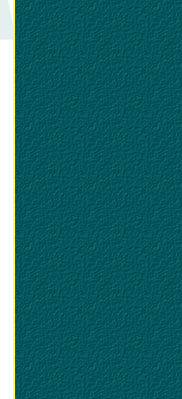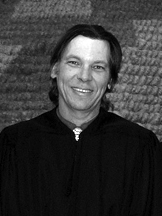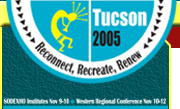









Robert A. Williams, Jr. is the E. Thomas Sullivan Professor of Law and American Indian Studies and Faculty Co-Chair of the Indigenous Peoples Law and Policy Program at the University of Arizona James E. Rogers College of Law in Tucson. He served as the first Oneida Indian Nation Visiting Professor of Law at Harvard Law School for the 2003-2004 academic year. He was Visiting Professor at Harvard Law School (Winter and Spring term 2003), and previously served as Bennet Boskey Distinguished Visiting Lecturer of Law at Harvard (Winter and Spring terms, 2000 and 2001). An enrolled member of the Lumbee Indian Tribe of North Carolina, Professor Williams received his B.A. from Loyola College (1977) and his J.D. from Harvard Law School (1980). He is the author of The American Indian in Western Legal Thought: The Discourses of Conquest (Oxford University Press, 1990), which received the Gustavus Meyers Human Rights Center Award as one of the outstanding books published in 1990 on the subject of prejudice in the United States. He has also written Linking Arms Together: American Indian Treaty Visions of Law and Peace, 1600-1800 (Oxford University Press, 1997), and is co-author of Federal Indian Law: Cases and Materials (4th ed., with David Getches and Charles Wilkinson) (West, 1998). His most recent book, Like a Loaded Weapon: The Rehnquist Court, Indian Rights and the Legal History of Racism in America, will be published by University of Minnesota Press (Fall 2005). Professor Williams was the recipient of a Soros Senior Justice Fellowship award (2001-2002) from the Open Society Institute, and has also received major grants and awards from the John D. and Catherine T. MacArthur Foundation, the Ford Foundation, the National Endowment for the Humanities, the American Council of Learned Societies, and the National Institute of Justice to support his research and advocacy activities on behalf of Indian tribes and indigenous peoples. He served as co-counsel for Floyd Hicks, the named plaintiff in the United States Supreme Court case, Nevada v. Hicks (2001 term). Professor Williams serves as Chief Justice of the Yavapai-Prescott Apache Tribe Court of Appeals and the Court of Appeals, Pascua Yaqui Indian Reservation. He also serves as judge pro tempore for the Tohono O'odham Nation.
Opening Keynote Speaker
Thursday, November 10
5:00 p.m-6:15 p.m.


